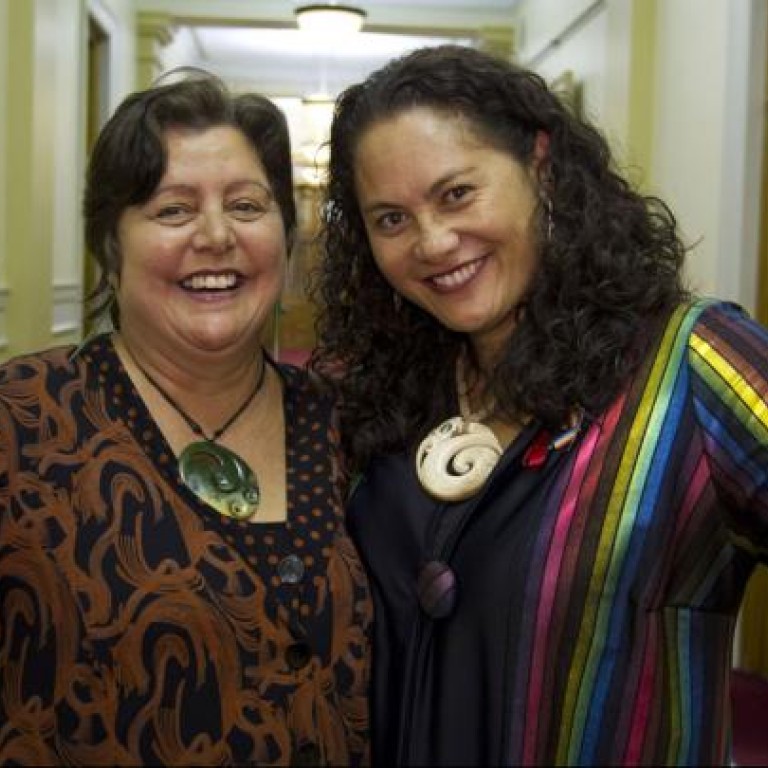
It's time for Hong Kong to talk about fairness to sexual minorities
New Zealand gained a reputation as a social laboratory by giving women the right to vote 120 years ago, and by introducing cradle-to-grave social welfare in the 1930s and 40s. The latter has been undermined by free-market economics and remains anathema to many societies including Hong Kong. The country's latest reform is not quite so pioneering but, as with the other two in their time, millions around the world have mixed feelings about it.
New Zealand gained a reputation as a social laboratory by giving women the right to vote 120 years ago, and by introducing cradle-to-grave social welfare in the 1930s and 40s. The latter has been undermined by free-market economics and remains anathema to many societies including Hong Kong. The country's latest reform is not quite so pioneering but, as with the other two in their time, millions around the world have mixed feelings about it.
New Zealand is the first Asia-Pacific nation, and the 13th overall, to legalise same-sex marriage, joining eight European and two South American countries, as well as Canada and South Africa. It had long ago legalised same-sex civil unions, and parliament finally amended the marriage act without too much controversy. That contrasts with France, which followed suit a few days later amid mass protests, especially over the right to adopt children. Many in Hong Kong would empathise with the reaction of Australian political leaders who were quick to rule out moves to follow their Pacific neighbour.
Last year our government and lawmakers joined hands to block a law against discrimination on grounds of sexual orientation, which falls far short of legalising same-sex marriage. Even a consultation is deemed too provocative for our conservative society, with Chief Executive Leung Chun-ying ruling it out in his policy speech in January, saying the community was "deeply divided". This reflects fear of a moral backlash, since a University of Hong Kong poll found 60 per cent would back legislation to outlaw such discrimination.
To be sure, it is a complex issue involving religion, morals and even our core value of free speech. But that does not mean the subject will go away. Seeking consensus on fair treatment for sexual minorities is not to be confused with changing the definition of marriage - unthinkable for many. The government should take the lead sooner rather than later with a public consultation. This would recognise that the subject is no longer taboo, even if some saw it as a step towards legislating.
